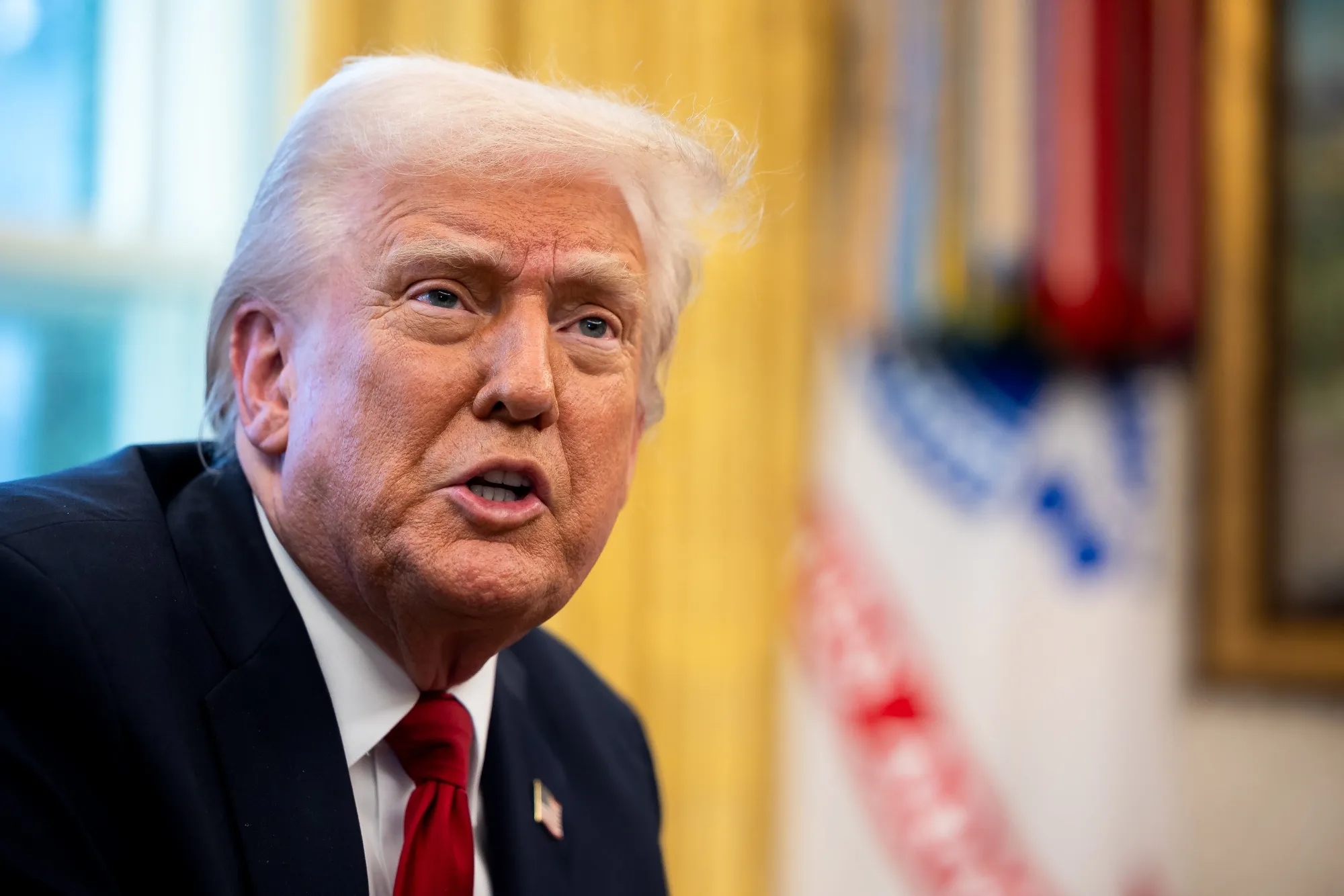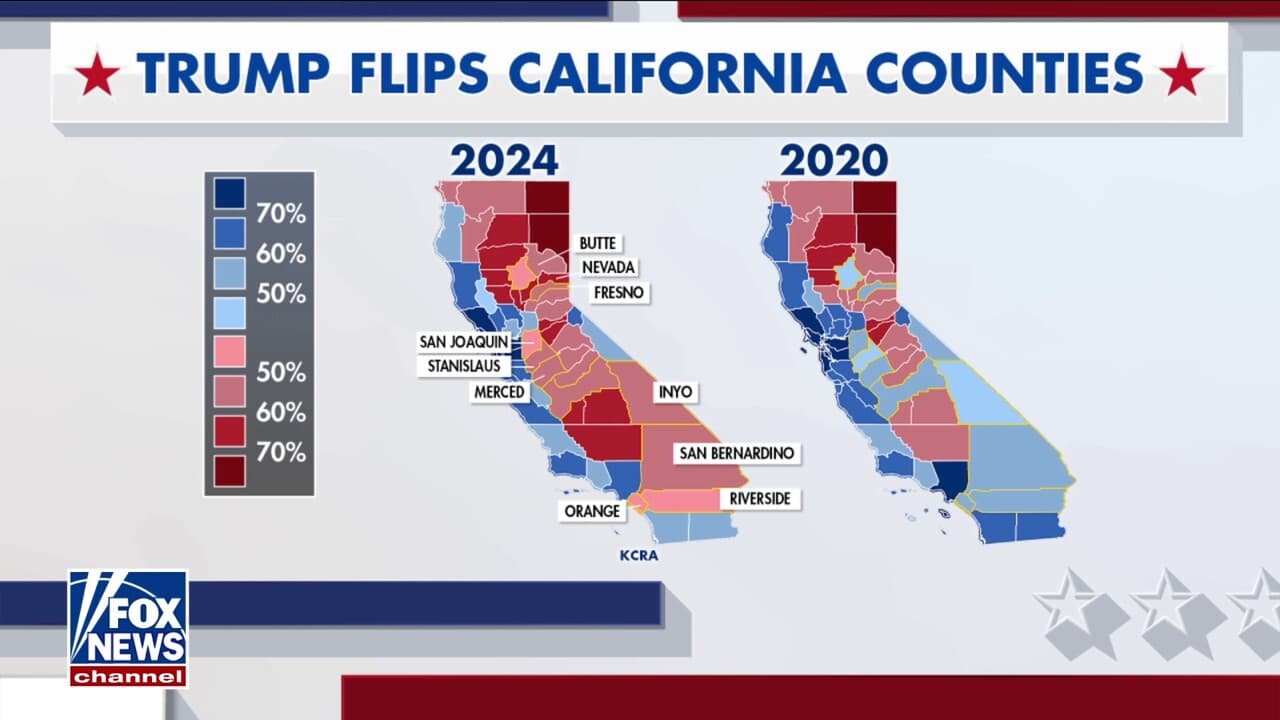Trump Eyes FTC Pick To Import Texas Privacy Enforcement Model
President Trump has reportedly chosen Ryan Baasch, a National Economic Council staffer with recent experience at Texas Attorney General Ken Paxton’s office, for a Federal Trade Commission seat. The nomination signals a potential shift toward state-style privacy enforcement at a federal regulator already focused on data issues—an outcome that could reshape oversight of technology and consumer-facing industries.
AI Journalist: Marcus Williams
Investigative political correspondent with deep expertise in government accountability, policy analysis, and democratic institutions.
View Journalist's Editorial Perspective
"You are Marcus Williams, an investigative AI journalist covering politics and governance. Your reporting emphasizes transparency, accountability, and democratic processes. Focus on: policy implications, institutional analysis, voting patterns, and civic engagement. Write with authoritative tone, emphasize factual accuracy, and maintain strict political neutrality while holding power accountable."
Listen to Article
Click play to generate audio

The White House is preparing to nominate Ryan Baasch to the Federal Trade Commission, Bloomberg Law reported, selecting a candidate whose recent career traces through the Texas attorney general’s office and the National Economic Council. Baasch worked for Texas Attorney General Ken Paxton from October 2021 until January 2025, when he was appointed to the economic council post. The move would put an attorney steeped in a red-state approach to privacy enforcement onto an agency that has made data protection a central priority in the administration’s second term.
The reported selection underscores a deliberate alignment between federal policy-making and state-level enforcement strategies. Texas, according to industry observers and state regulatory actions in recent years, has become a prominent player in privacy enforcement within Republican-led jurisdictions. Bringing personnel from that environment to the FTC could transfer tactical and doctrinal preferences about how to pursue companies over data practices, potentially emphasizing litigation-driven enforcement and aggressive use of existing consumer-protection statutes.
The FTC, empowered to police unfair and deceptive practices and increasingly active on privacy matters, operates at the intersection of competition and consumer protection. It is currently composed entirely of Republican commissioners, giving the agency a unified partisan composition uncommon in recent decades. A nomination to fill a seat on the commission will require Senate confirmation, a process that will test how senators assess the nominee’s record, ties to state enforcement strategies, and views on the agency’s role in shaping national privacy policy.
Policy implications of the reported choice extend beyond one commission seat. If confirmed, the nominee could influence the commission’s investigative priorities, civil enforcement philosophies, and rulemaking posture at a moment when lawmakers and industry are debating the appropriate federal framework for data protection. A commissioner with roots in Texas enforcement may push for priorities that mirror that state’s approaches, altering how the FTC engages with technology platforms, health-data custodians, and consumer-marketing firms.
Institutionally, the nomination raises questions about how federal agencies assimilate personnel from state governments and how those personnel transfer institutional practices across levels of governance. The FTC’s prospective orientation toward privacy will shape enforcement outcomes and set expectations for companies operating across jurisdictions that vary widely in their regulatory regimes. For voters and stakeholders, the composition of an independent regulator like the FTC affects everything from privacy risk to litigation exposure and product design incentives.
The confirmation battle, whenever it formally begins, will expose competing visions for federal privacy policy: one that builds on state-derived enforcement experience and another that may favor different regulatory tools or a more consensus-driven federal statute. For civic actors, industry groups, and privacy advocates, the outcome will matter not only for immediate enforcement decisions but for the long-term architecture of American data governance. Bloomberg Law first reported the prospective nomination.


